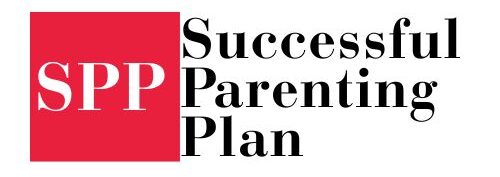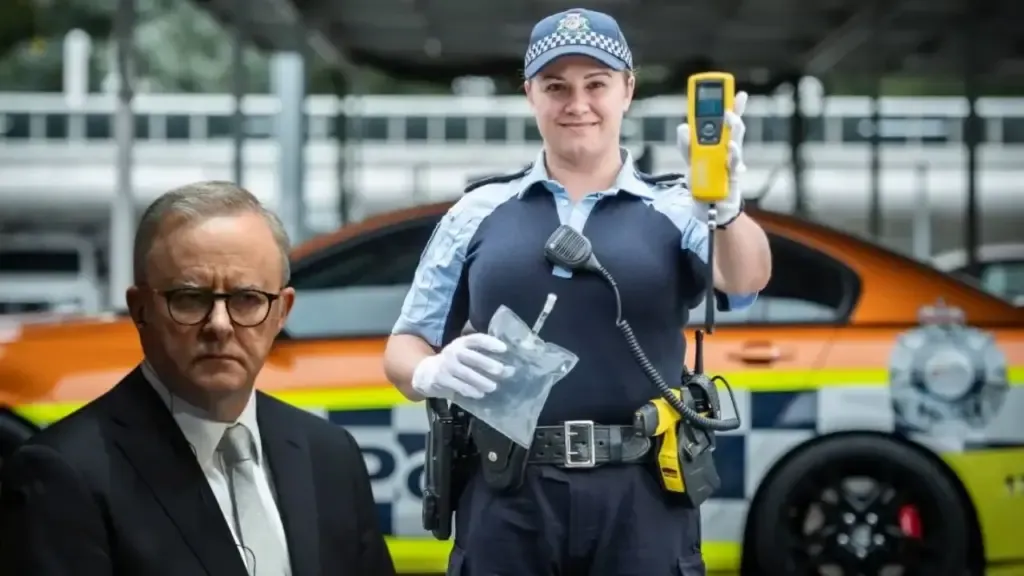Join on WhatsApp
Get the latest updates directly on WhatsApp – motivation, news & more!
From 1 January 2025, Australian drivers caught drink-driving will face a $980 penalty, marking one of the country’s toughest steps yet to combat alcohol-related road crashes. This new nationwide fine aims to curb risky behaviour on the roads, and it applies universally to anyone found over the legal blood alcohol concentration (BAC) limit. The measure is part of a larger road safety reform effort that includes tougher enforcement, awareness campaigns, and tighter restrictions for repeat offenders.
Why the $980 Drink-Driving Fine Was Introduced
Alcohol remains one of the biggest contributors to serious accidents and deaths on Australian roads. According to the Australian Transport Safety Bureau, over 1,000 fatalities a year involve alcohol in some capacity, and drivers aged under 40 continue to represent a large share of these crashes. Many of these incidents happen close to home, with roadside breath tests confirming that drink-driving is still a persistent national issue despite decades of awareness campaigns.
By setting the fine at $980, the government hopes to send a strong deterrence message. Officials believe most drivers will think twice before taking the risk when the financial cost is this high, in addition to potential license suspension and criminal charges.
Who the New Fine Applies To
The $980 penalty applies to anyone caught driving with a BAC above 0.05%, which is the standard across most states and territories for full-license holders. However, some categories of drivers need to maintain a stricter zero BAC requirement. These include:
- Learner drivers (L-platers)
- Provisional drivers (P-platers)
- Commercial and heavy vehicle drivers
This means that while the 0.05% limit applies nationally to most drivers, others effectively cannot consume any alcohol at all before getting behind the wheel. For all groups, exceeding the set BAC limit results in the new fine, and in some cases, more severe penalties.
When the Fine Will Be Enforced
Drivers should be prepared for the fine from 1 January 2025, with police across Australia authorised to issue $980 penalties right away. Roadside random breath testing—already a key tool in road safety—will be the primary enforcement method. Queensland and New South Wales are also expected to increase mobile patrols and random testing locations in nightlife precincts and high-risk regional areas.
Although the rollout is national, slight differences in how states enforce penalties will apply. For instance, New South Wales may adopt stricter suspensions for first-time offenders than states like Victoria, but the $980 fine remains the baseline cost everywhere.
Penalties for First-Time and Repeat Offenders
- First-time offenders: $980 fine and possible short-term license suspension.
- Repeat offenders: Larger fines, mandatory license disqualification, and in some cases, installation of alcohol interlock devices (in-car breathalyzers connected to ignitions).
The federal and state governments see harsher repeat offender rules as crucial because data suggests habitual drink-drivers pose the strongest risk to public safety.
How This Fine Fits Into Road Safety Strategy
The $980 drink-driving penalty is part of Australia’s long-term National Road Safety Strategy, which targets reducing road fatalities by 50 percent in the next decade. It builds upon policies already in place, such as:
- Random Breath Tests (RBT) introduced in the 1980s.
- Alcohol Interlock Programs requiring convicted drink-drivers to use in-car breath testers.
- Public Awareness Campaigns like “Don’t Drink and Drive” that run nationally each holiday season.
While statistics show these measures have already helped reduce drink-driving incidents over several decades, governments argue that new reform was needed to address persistent levels of alcohol-related trauma.
Why Experts Support the Penalty
Road safety experts believe the new fine has the potential to be a game-changer. Dr. Emma Hargrove, a transport researcher at the University of Melbourne, praised the penalty as proportionate to the risks involved, saying “Drink-driving is a choice that endangers everyone on the road. A $980 fine strikes the right balance between deterrence and fairness.”
Other economists highlight the practical impact of direct fines on public behaviour. Low-to-middle-income drivers are less likely to risk such a financial setback, making the penalty particularly effective as a deterrent across the community.
Public Opinion and Concerns
Surveys conducted over recent years show many Australians support tougher fines for drink-driving. However, some argue that large financial penalties could disproportionately impact working-class drivers while failing to stop wealthier repeat offenders. Advocacy groups suggest combining heavy fines with broader safety measures, such as better late-night transport options and campaign funding in rural areas where public transport is limited.
Possible Future Road Safety Measures
The $980 penalty may not be the final step in Australia’s campaign against unsafe driving. Experts predict that further measures could include:
- Lower BAC thresholds for novice and older drivers.
- Expanded use of alcohol interlock technology, even for some first-time offenders.
- More federal funding for awareness campaigns, particularly in regional communities.
- Investment in vehicle technology, such as ignition-blocking systems tied to mandatory alcohol testing before driving.
The hope is that continued reforms will complement existing systems and help Australia reach ambitious road safety targets.
Practical Advice for Drivers
For everyday Australians, the new fine is a reminder of the importance of planning ahead before drinking. Safe habits include:
- Using rideshare or taxis when going out.
- Desginating a sober driver in social groups.
- Avoiding assumptions about how quickly alcohol “wears off.” BAC often stays higher than people expect.
- Taking advantage of public transport, particularly in cities where night routes have expanded in recent years.
Final Thoughts
The $980 drink-driving fine starting in January 2025 is one of the most notable changes to road safety enforcement in years. It underscores Australia’s commitment to tackling alcohol-related road trauma and protecting all road users.
For drivers, the message is clear: the cost of drink-driving has never been higher—not just financially, but in terms of the risk to lives. With strict enforcement and a push for safer habits, this significant penalty aims to reduce accidents, save lives, and shape a safer future on Australian roads.

